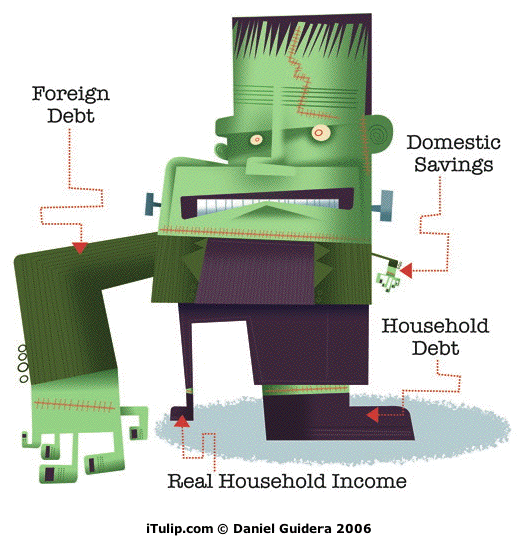Re: Unidentified Financial Objects
The iTulip position on "decoupling" is that with respect to trade that Asia and Europe are more independent than during previous recessions but not 100% decoupled. If they were 20% decoupled before they are, say, 50% now. With respect to currencies, we (global central banks) hang together or hang separately, as they say.
Originally posted by dbarberic
View Post


Comment